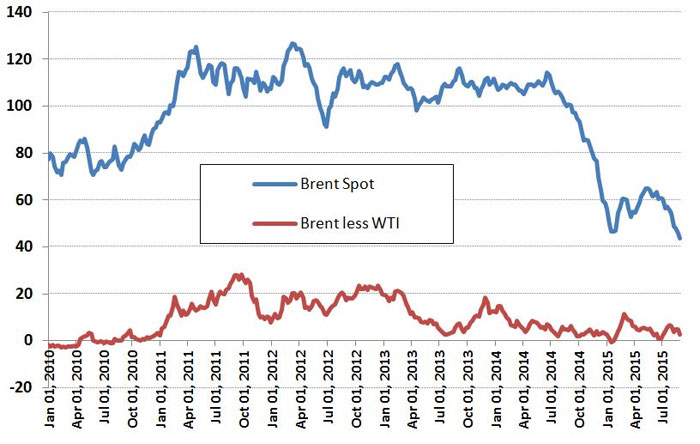What is base oil? The base oil is produced when crude oil is refined. It is essentially lubrication grade oil. That is, all lubricants that exist today have base oil in them; at least 80%. Earlier, additives were not added, but due to the advancements in the engine technology and high temperatures, additives were added to base oils. The American Petroleum Institute has classified base oil types into five groups that are labeled as I-V. The way in which the base oils are processed determines the group the base oils are in. The base oils in Group I and Group II are known as mineral conventional base oils. The base oils in Group III to V are high-quality oils, which are known as synthetics.
Group II base oils are more refined than Group I base oils. Group II base oils have a high level of purity, have better oxidation stability, and have low levels of aromatics, sulfur, and nitrogen. The pure Group II base oils are clear as water. When additives are added to the Group II base oils, then they become darker. The market intelligence report by Beroe states that the base oil market for Group II oils will grow at a CAGR of 3% until 2022. The largest market of Group II base oil is in the APAC region since the production size accounts for 11.3 MMT. The production size in North America is 8.3 MMT, and the production size in Europe is 0.6 MMT.
The global capacity of the base oil market was 21 MMT in 2017 while the global demand was 14.27 MMT in 2017. The top global suppliers in the base oil market are Petro China GS Caltex, Chevron, Sinopec, and Exxon Mobil. The base oil prices in the market are determined by the top sellers. They take into account the price of the base oil in the previous month and the market factors to come to a conclusion about what price should be set for the base oil. Gas prices make an impact on the price too. Asia has a high demand, which is a factor that will drive future demand and boost the base oil market. This is because of the high demand from the industrial segment.
Globally, industrial lubricants sector is one of the highest base oil-consuming segments. It comes in the second place of high consumers. Beroe’s experts predict that the Asian industrial segment will grow at a CAGR of about 4%. This demand is going to be from China and India, particularly. It is important to note that in the year 2016, the Group II and Group III segments accounted for up to a third of the entire base oil market share. Group II base oil is often counted as an excellent investment opportunity because Group I base oil is not as preferred anymore. Group II base oil is expected to be more stable compared to Group I, and this trend will continue in the future.
An increase in mining activities is set to improve the demand for base oil, according to Beroe’s base oil market analysis. The increase in mining activities in Mongolia, China, and Australia will be at a CAGR of 3%. Another important factor is the increase in demand from the automobile industry. Beroe experts predict that the increase in demand from this sector will be from 2% to 3%, and this will further drive the demand for base oil. The report suggests that the US will have an increase in demand as well, which is another reason why the forecast suggests growth in the market. Capacity additions are planned, which will further boost the production of base oils.
Beroe’s report predicts that about 1.5 MMT capacity additions will be made. While the western markets will have a demand for highly efficient lubricants, the Asian regions will see a growth in demand for the industrial lubricants. Globally, vehicle production is increasing, and this is the major reason why the base oil market is likely to have a bright future. Besides, the demand for light vehicles has increased, which will push the demand for base oils. Another major reason for an increase in demand is the preference for pure base oils from many countries. Environmental concerns are the other reasons.
Environmental regulations are why Group II base oils are in high demand, and this trend will continue. Beroe’s market intelligence report states that the US is likely to be an exporter of base oils in the future too, because of the excessive supply of Group II base oils. This can be helpful for the Asian market and the European market since the US can export the excess supply to these regions. While the base oil market is expected to grow, there might be some factors that can hinder it. For example, environmental regulations can restrict production, and fluctuations in cost can contribute to the market slowing down in the future.











